White House Official Says More Than 50 Countries Reached Out for Tariff Talks
‘They’re doing that because they understand that they bear a lot of the tariff,’ Kevin Hassett said.
How I Almost Ended Up in Jail for Exposing a Secret Gender Transition Program: Eithan Haim
Dr. Eithan Haim alleges he discovered that doctors were secretly continuing and expanding their program of transgender medical procedures for minors.

8 Simple, Science-Backed Habits to Build a Stronger Brain and Fight Cognitive Decline
Experts share eight proven ways to hone a sharper, stronger, more resilient brain.

Grow Your Own Bouquets: How to Start a Cut Flower Garden
Don’t worry about plant size, balance, complementary colors, and the overall design—simply plant what you like. These smart techniques will help.

‘Audrey’s Children’: This Doctor Should be Nominated for Sainthood
While not a stellar biopic, “Audrey’s Children” is sure to inspire good deeds in medical profession aspirants and is definitely worth a watch for everyone.
Most Read
Top Stories
Victims of Swatting Warn ‘Untouchable Crime’ Will End in Tragedy
‘This is an absolute attempted murder,’ Chad Caton, an outspoken conservative who was swatted, said.
Baby Boomers Replace Millennials as America’s Largest Share of Homebuyers
Many baby boomers are purchasing homes entirely with cash, according to a real estate economist.
Judge Again Orders Trump Admin to Return Man Deported to El Salvador
The appeals court gave Abrego Garcia’s lawyers until Sunday afternoon to respond to the government’s filing.
At Least 18 Dead as Flooding, Tornadoes Rip Across South and Midwest
Downpours caused flash flooding and weather-related emergencies across a path from Texas to Ohio.
Gold Price Hike Sparks Surge in Electronic Metal Detecting
‘Gold Fever’ spreading as the price of the yellow metal surpasses $3,000 per ounce.
▶How I Almost Ended Up in Jail for Exposing a Secret Gender Transition Program: Eithan Haim
Dr. Eithan Haim alleges he discovered that doctors were secretly continuing and expanding their program of transgender medical procedures for minors.
Day in Photos: Heavy Rains in DR Congo, Detained Lawyers, and Extraordinary Congress in Turkey
A look into the world through the lens of photography.
States Move to Protect Americans’ DNA From China
As concerns grow about biotech advancements that would allow for Americans’ DNA to be weaponized, many states are enacting protection laws.
Idaho Legislature Clears Way for Ivermectin to Be Sold Over the Counter
If the governor signs the bill into law, Idaho will become one of a handful of states to allow ivermectin sales without a prescription.
Shen Yun a ‘Wonderful, Deep, and Important Artistic Statement,’ Says Retired Ballet Dancer
Frank Dellapolla was blown away by the levels of artistry and technique in Shen Yun Performing Arts.
Musk Hopes for ‘Zero Tariff Situation’ Between US, Europe
The Tesla CEO also advocated for the free movement of people between the two regions.
Treasury Secretary Rejects Idea Recession Is Inevitable in Relation to Tariffs
‘Who knows how the market is going to react in a day, in a week?’ he asked.
‘We’re Privileged to See Something Like This Today’: New Yorkers Support Shen Yun’s Cultural Revival
Chris Cimino and Edna De Jesus were thrilled with their first time attending Shen Yun Performing Arts.
Netanyahu to Seek Tariff Relief in Meeting With Trump
Trump’s latest tariff rollout could affect Israel’s machinery and medical equipment exports, an Israeli finance ministry official said on April 3.
How to Heal Your Gut to Fight Common Fungus Overgrowth
An antifungal diet can be the key to relief, according to experts.
Taiwan Looking at Zero Tariffs, More Investment With US
Despite a lack of formal diplomatic ties, the United States is Taiwan’s most critical international supporter and its main source of arms.
Cattle Ranch Kid Grows Up Conservative and Goes to Congress
Rep. Brandon Gill of Texas cultivated Republican ideals from an early age while working on the family farm, then married the daughter of a leading pundit.
Tracking Trump’s High Level Appointments, Senate Confirmations
The Senate is undertaking the confirmation process for the president’s new administration.
FBI Issues Identity Theft Warning Against Criminals Claiming Tax Refunds
Acquiring an IP PIN can help taxpayers prevent such incidents, the agency suggests.
Childhood Cancer Survivors Face Accelerated Aging, Health Problems Decades Earlier Than Most
Cancer survivors are developing ‘old age’ health problems in their 30s and 40s, Harvard researchers find.
States Move to Ban Artificial Dyes From Food as RFK Jr. Works on Federal Level
California, Virginia, and West Virginia have passed bills to ban artificial dyes and other food additives. More states are considering similar legislation.
Antonello da Messina’s Blue Madonna
Amidst a long lineage of blue Madonnas, “Virgin Annunciate” has a magnetism that compels contemplation.
Special Coverage
Special Coverage






































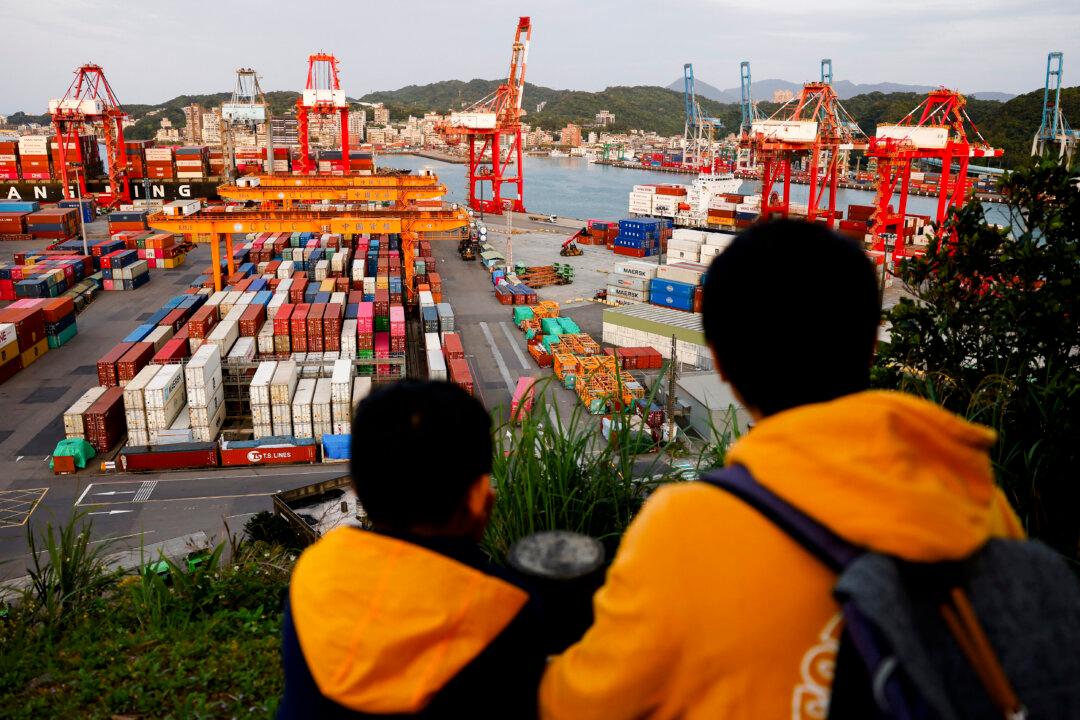










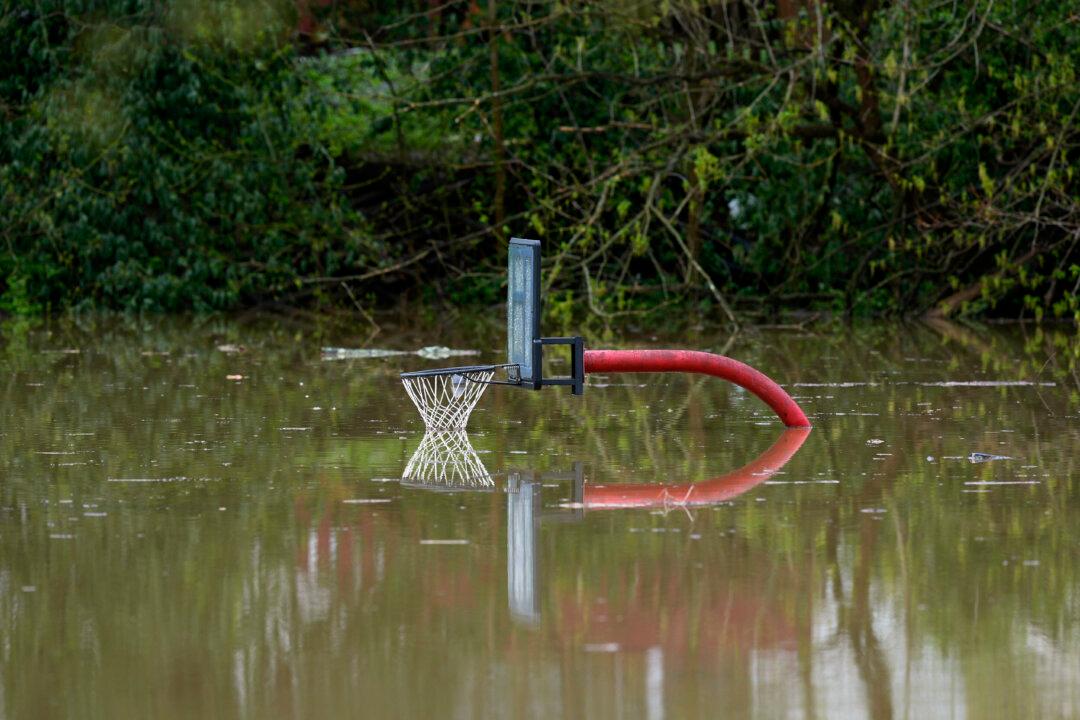







![[LIVE Q&A 04/06 at 10:30AM ET] Have the ‘Liberation Day’ Tariffs Ended Globalism? | Live With Josh](https://www.theepochtimes.com/_next/image?url=https%3A%2F%2Fimg.theepochtimes.com%2Fassets%2Fuploads%2F2025%2F04%2F06%2Fid5837768-040625_REC-600x338.jpg&w=1200&q=75)




